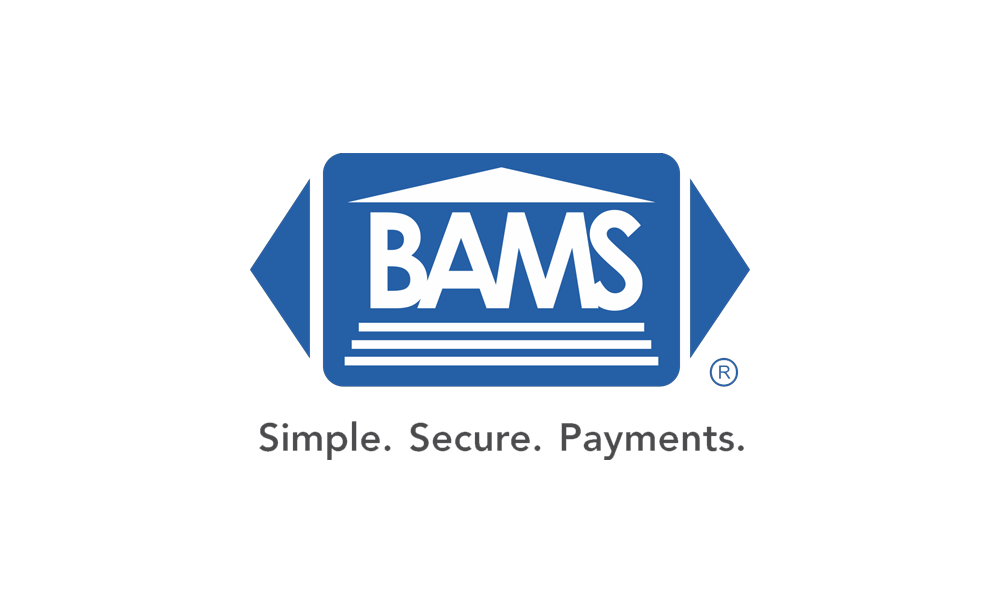Ecommerce Merchant Services Basics
Between an ecommerce merchant’s checkout screen and their bank account, there are many moving parts involved in processing a single credit card payment. It’s complex, and each step adds value and helps maintain the ecosystem that enables near-instantaneous payments both online and in-store. But while most merchants know that they need assistance to process credit cards, many are in the dark about how ecommerce merchant services work, what each player in the process does, or what kind of services can make the difference between the right and the wrong payment processing partner. With that in mind, the following is a crash course on ecommerce merchant services basics.
Ecommerce Merchant Services Providers

The first and potentially most important thing ecommerce merchants need to understand is who they’ll be working with. A merchant’s service provider has a huge impact on their operations and their overall profitability, so merchants should have at least a basic understanding of the different types of partners they may or may not have access to and what each does.
Payment Processors
Payment processors are the companies that provide the technological infrastructure that securely transmits payment requests between a merchant and the authorizing bank, returns the approval or denial back to the merchant, and facilitates the transfer of funds. They’re also the companies that ultimately provide businesses with their merchant accounts – the special bank accounts that enable direct credit card payments to be accepted. Payment processors are large entities with complex business relationships with the card companies and banks, and many don’t work with merchants directly at all, save for the biggest multi-national brands. However, some do allow direct merchant relationships, enabling businesses to access merchant accounts and payment services without the need to engage the next layer of the payment processing ecosystem, independent sales organizations.
Independent Sales Organizations
Independent sales organizations, or ISOs, are companies that partner with payment processors to take on the responsibility of merchant acquisition and, in many cases, ongoing customer service and support. Effectively, ISOs are middlemen that resell merchant services on behalf of their payment processing partners. They never touch a merchant’s money or get involved in the logistics of payment processing. Instead, they handle all of the merchant-facing parts of the relationship, letting the processors do what they do best behind the scenes.
In exchange for taking on the marketing, acquisition, and support duties, ISOs receive a small cut on each transaction their merchants make, known as “residuals.” The residual on each sale is tiny – often measured in pennies rather than dollars – but across hundreds or thousands of merchants doing potentially thousands of transactions a day, residuals can add up fast.
Working with an ISO may be slightly more expensive for the merchant, since there is an extra layer involved in the flow of money, but that marginal additional cost is generally well worth it for the more personal level of service and attention that ISOs exist to provide.
Common Ecommerce Merchant Services
Whether they’re working with a payment processor directly or, more likely, an ISO, there are certain services that most ecommerce merchants can expect to gain access to. From payment processing itself to value-added services like fraud protection and faster funding, features and services on offer are a key factor in the decision-making process of most merchants, second only to transaction fees.
Payment Processing
The core service that merchants access through their payments partner is payment processing itself. To accept credit cards directly (as opposed to through a third-party provider like PayPal) businesses need a merchant account – a bank account set up with an “acquiring bank” that the money from credit card transactions can flow into.
With a merchant account set up, every time a credit card sale is made, a complex, yet lightning-fast process is set into motion. First, the buyer’s payment information is securely transmitted to the payment processor. The processor then transmits the information to the cardholder’s bank which verifies that they have adequate credit available to complete the sale. The approval or denial is then transmitted back to the payment processor which sends it back to the merchant, instructing their system to either decline the transaction or approve it and release the product to the buyer.
In exchange for everything that goes into the electronic Rube Goldberg machine described above, merchants are charged a small transaction fee on each sale, generally made up of anywhere from one to three percent of the purchase price, plus a small fixed fee, often ranging from between 10 to 30 cents per transaction.
Payment Software For Ecommerce Merchant Services
An ecommerce payment begins with a customer entering their payment details into a merchant’s online checkout system, which must then encrypt and manage that extremely sensitive data prior to sending it off for approval. The process of accepting and transmitting the customer’s payment data is generally handled by a special piece of software called a payment gateway. While gateways can be purchased from the third-party companies that make them, many merchants opt to get their gateways directly from their merchant services provider, minimizing the complexity of their vendor relationships and maximizing convenience.
Another emerging option rapidly gaining in popularity is digital wallet payments, like Apple Pay and Samsung Pay. Digital wallets enable users to make online and mobile payments without ever having to enter their details on a seller’s website. Instead, the information from all of their payment cards is stored securely on their own phone or computer and instantly transmitted to the merchant on payment. Many merchant services providers offering gateways are also equipped to help ecommerce sites get started with digital wallets, which are a great option to offer alongside a traditional checkout.
Value-Added Services
In addition to payment processing and software, many merchant services providers also differentiate themselves through value-added features that improve everything from risk management to cash flow. Just some of those value-added services include:
- Fraud and chargeback protection to catch suspicious or dangerous transactions before they can result in a dispute or loss for the merchant.
- Advanced reporting tools to provide merchants with a deeper understanding of where their sales are coming from and how payment processing impacts their operations and bottom line.
- Next-day funding to help merchants gain faster access to the money from each sale without having to wait days or potentially even a week or more.
- PCI compliance assistance to help merchants navigate the complex and extremely important process of meeting the security standards set out by the major credit card companies.
The payment processing industry is extremely complex, but with the right merchant services partner, business owners can get the electronic payment solutions they need to sell online without interruption and without having to ever worry about what’s happening behind the curtain.
BAMS is a leading merchant services company providing merchant accounts and a wide array of value-added features to businesses in over a dozen industries. Our interchange-plus pricing model is the lowest cost and most transparent in the payments industry, ensuring each BAMS merchant pays as little in transaction fees as possible, and always knows exactly how much they’re being charged on each sale, down to the penny. BAMS merchants also have access to a variety of hardware and software integrations, advanced chargeback protection, next-day funding, Apple Pay, gift and loyalty payments, PCI guidance, and much more.
So What Does It Mean To Be An Ecommerce Merchant Providing Services?
An Ecommerce Merchant Account & Services can help you change your business to meet consumers expectations. There is no denying that being a payment processor is the main part of the online store but there are also many other methods from traditional debit & credit cards.
For more information on everything a BAMS merchant account can offer your business – including industry-leading savings – get started with your free BAMS five-point price comparison today.



